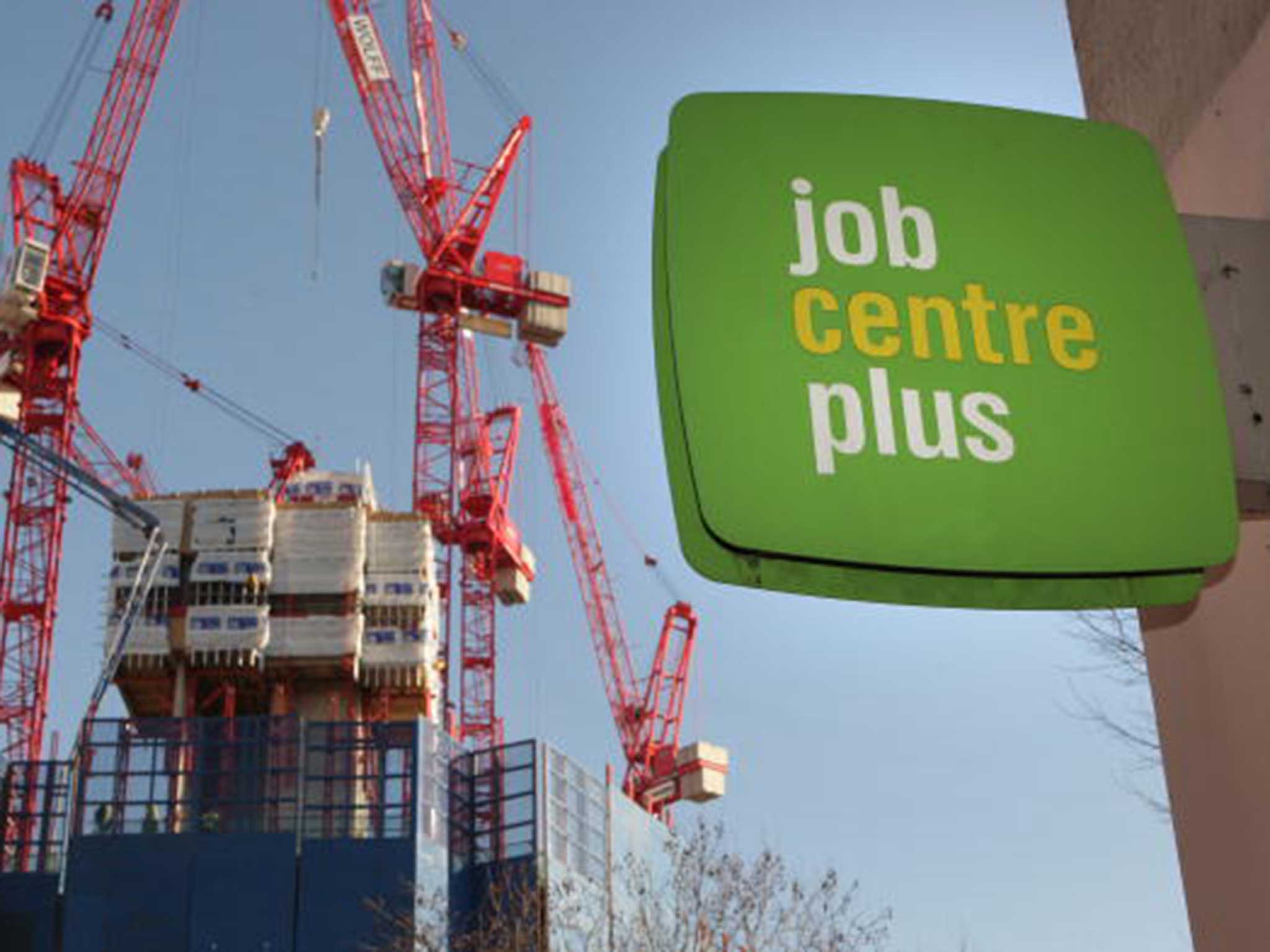Older women bearing the brunt of coronavirus recession, new figures show
‘It is a triple whammy: state pension age rise, ageism and sexism, and caring responsibilities,’ says Women’s Budget Group director

Your support helps us to tell the story
From reproductive rights to climate change to Big Tech, The Independent is on the ground when the story is developing. Whether it's investigating the financials of Elon Musk's pro-Trump PAC or producing our latest documentary, 'The A Word', which shines a light on the American women fighting for reproductive rights, we know how important it is to parse out the facts from the messaging.
At such a critical moment in US history, we need reporters on the ground. Your donation allows us to keep sending journalists to speak to both sides of the story.
The Independent is trusted by Americans across the entire political spectrum. And unlike many other quality news outlets, we choose not to lock Americans out of our reporting and analysis with paywalls. We believe quality journalism should be available to everyone, paid for by those who can afford it.
Your support makes all the difference.Older women are bearing the brunt of the recession unleashed by the coronavirus crisis, new figures show.
Data published by the Office of National Statistics shows 79,000 fewer women over 65 were in work between May to July than were in the previous quarter – starkly higher than the 13,000 fewer men of the same age in employment during this period.
Dr Mary-Ann Stephenson, director of Women’s Budget Group, told The Independent the new figures show the litany of difficulties faced by older women in the workplace.
She said: “Women in the 65 plus group age group are particularly likely to be caring for even older relatives who are in their eighties. One of the impacts of coronavirus is the crisis in care services. Older women whose relatives may have had carers come into their house may now have to be providing care themselves in the wake of social distancing measures. Caring responsibilities could have pushed them out of the workplace.
“The job losses could also be the result of discrimination against older women from employers. The combination of ageism and sexism is a big problem. This is also the group of women who have had their state pension age risen so could be more in need of their work than ever. It is a triple whammy: state pension age rise, ageism and sexism, and caring responsibilities.”
Dr Stephenson said the furlough scheme has offered some protection for workers – adding that the fresh data should serve as a warning to the government it is too soon to end the scheme.
A spate of recent studies have suggested the coronavirus crisis is exacerbating gender inequality, with a report by the University of Exeter finding women are almost twice as likely as men to have lost their job during the pandemic. Researchers found 7 per cent of women have been made redundant during the lockdown in comparison to 4 per cent of men.
Sam Smethers, chief executive of leading gender equality charity, Fawcett Society, told The Independent: “It is a worry that 79,000 fewer women over 65 were in work than the previous quarter, a trend not seen for men. Women over retirement age already face significant pension gaps – the pandemic risks widening economic inequality for older women.”
The new data comes as women hit by the state pension age rise lost their Court of Appeal case against the government on Tuesday morning. Almost 4 million women were impacted by the government hiking up the state pension age from 60 to 66 for women born after March 1950.
In July, The Independent reported the number of women aged 60 and over claiming universal credit and out of work benefits increased by almost five times in the last six years – with campaigners attributing this sharp rise to pension age reform.
The rise of women making claims for such benefits – which soared from 7,578 to 36,527 between 2013 and 2019 – was almost three times more than men who were aged 60 and older.
Latest ONS data shows the overall number of people in paid employment in the UK has dropped by 695,000 since March when the Covid-19 lockdown started.

Join our commenting forum
Join thought-provoking conversations, follow other Independent readers and see their replies
Comments